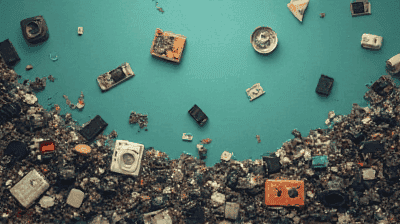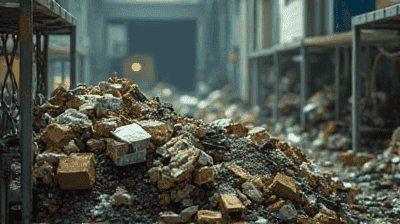Recycling has become a cornerstone of sustainable waste management practices, essential for reducing landfill waste, conserving natural resources, and mitigating environmental harm. While government initiatives and large-scale recycling facilities play crucial roles, community-based recycling programs have emerged as powerful agents of change, effectively addressing local waste management challenges.




